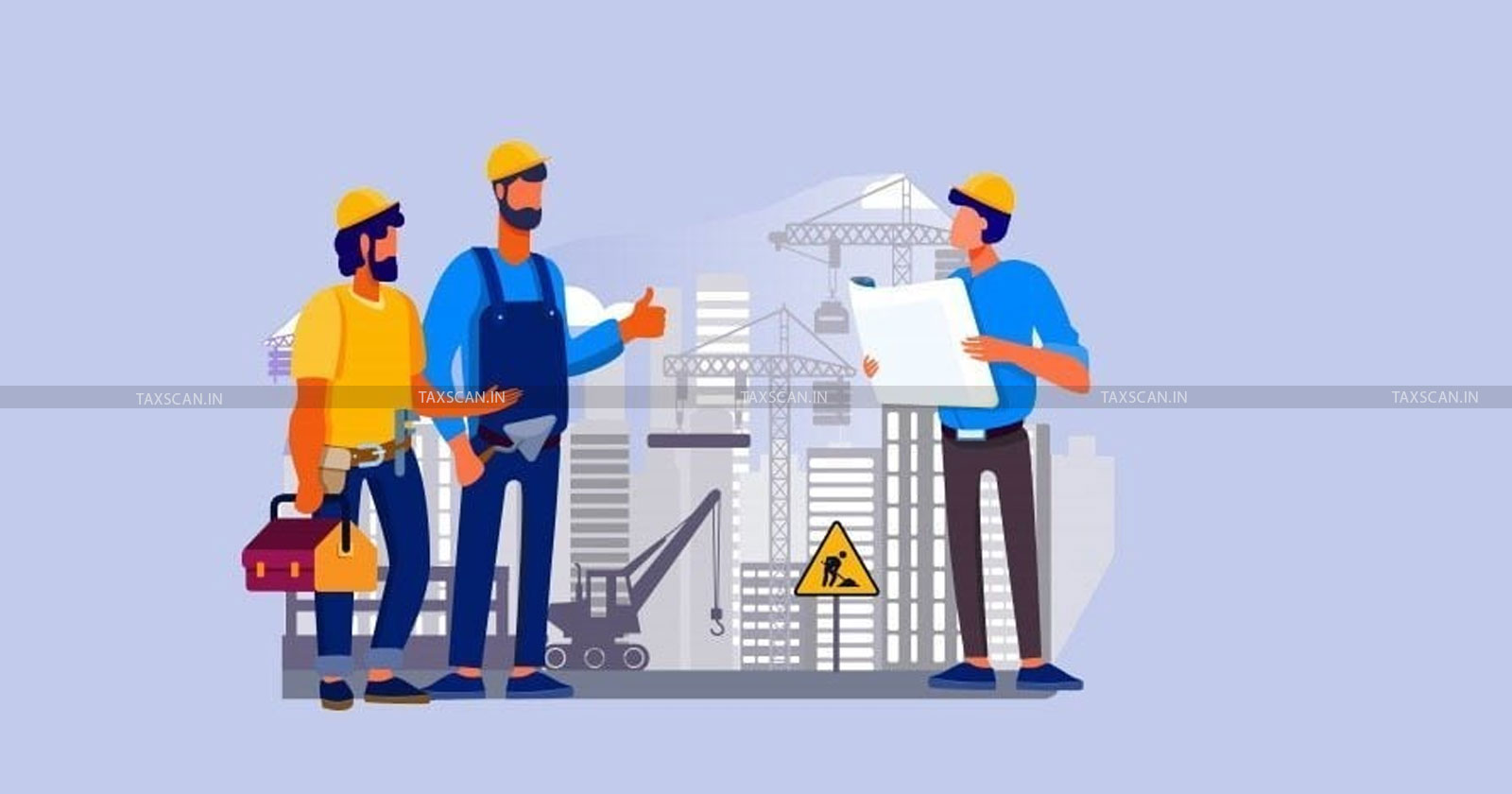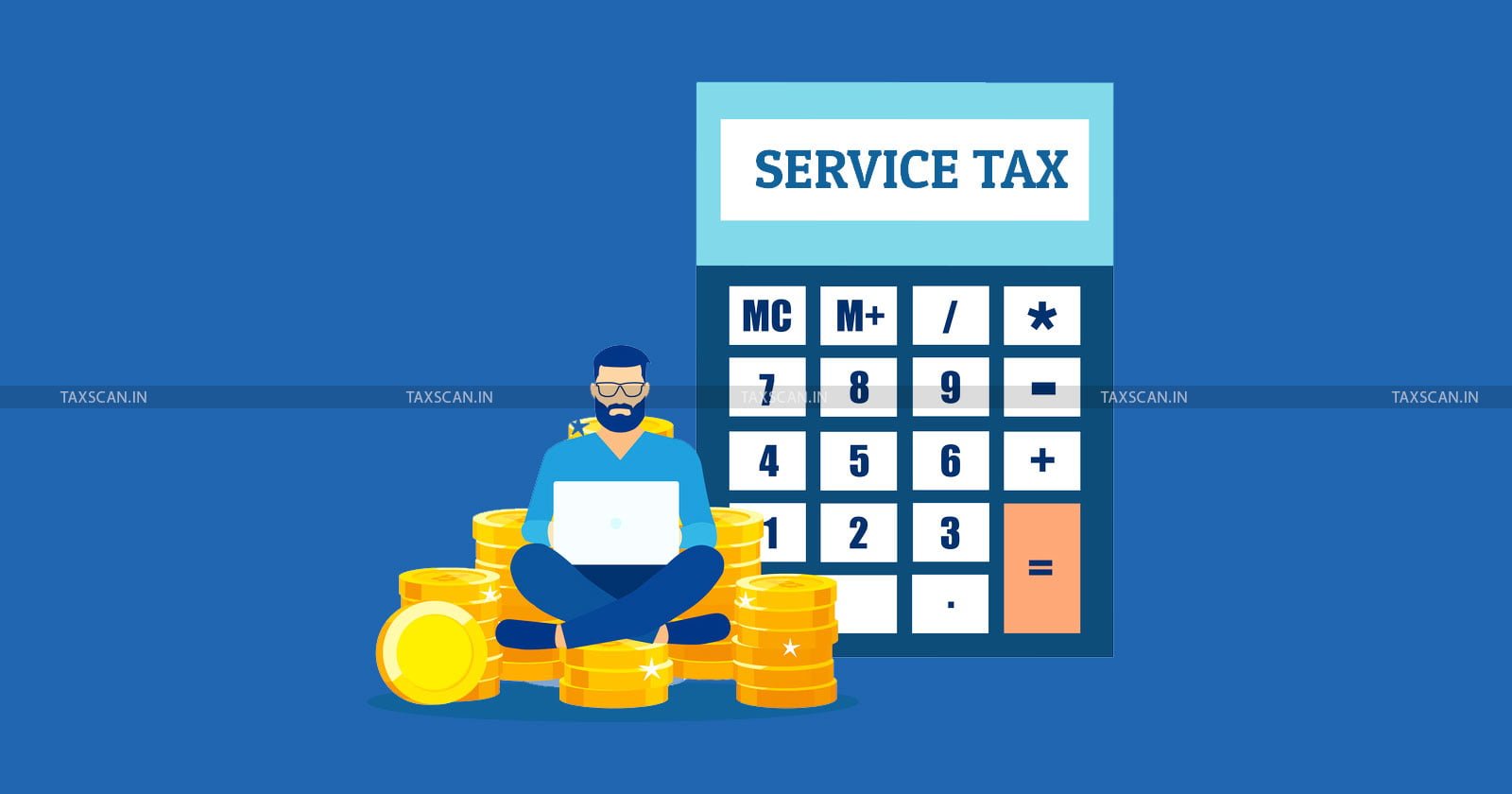CESTAT Sets Aside Excise Duty Demand on Sub-Contractor’s Road/Flyover Job-Work as Time-Barred [Read Order]
The Tribunal noted the department’s prior recognition of the activity as exempt from Service Tax, and held that the extended period demand of Rs. 95.64 lakh was time-barred.
![CESTAT Sets Aside Excise Duty Demand on Sub-Contractor’s Road/Flyover Job-Work as Time-Barred [Read Order] CESTAT Sets Aside Excise Duty Demand on Sub-Contractor’s Road/Flyover Job-Work as Time-Barred [Read Order]](https://images.taxscan.in/h-upload/2025/11/18/2106179-cestat-exise-duty-demand-order-taxscan.webp)
The Kolkata bench of Customs, Excise, and Service Tax Appellate Tribunal (CESTAT) has allowed the appeal of a sub-contractor engaged in the fabrication of structural steel for various infrastructure projects, including roads and flyovers, and set aside a Central Excise duty demand of Rs. 95.64 lakh.
The appellants, Betterman Engineers Pvt Ltd, operating as job workers, had received steel and other materials from SENBO Engineering Ltd., the main contractor for these projects, and performed fabrication work as per client specifications. Upon completion, the fabricated goods were returned to SENBO for further use in construction.
The department had initially raised a query in June 2009 regarding Service Tax applicability, following which SENBO clarified that no Service Tax was payable on the subcontractor’s activities since road and flyover construction falls under an infrastructure exemption.
 Also Read:No Double Taxation on Works Contracts: Supreme Court confirms Deduction for Sub-Contractor Payments under KVAT [Read Judgement]
Also Read:No Double Taxation on Works Contracts: Supreme Court confirms Deduction for Sub-Contractor Payments under KVAT [Read Judgement]
During the EA-2000 audit in 2012, departmental officers observed that the activity could be classified under Business Auxiliary Services and requested the reversal of CENVAT credit. However, no further action was pursued at that time, acknowledging the Service Tax exemption applicable to such subcontracted work.
Subsequently, in July 2014, the department issued a Show Cause Notice (SCN) alleging that the appellants were liable to pay Excise Duty as manufacturers of fabricated steel structures.
The department contended that the appellants’ fabrication work constituted manufacturing under Section 2(f) of the Central Excise Act, 1944, and the duty had not been paid.
The appellants argued that they were only performing job work using client-supplied materials, and that SENBO, being the main contractor, had consistently viewed the work as exempt from Service Tax.
They also contended that there was no suppression of facts and that the SCN was issued after a significant delay, beyond five years from the initial departmental knowledge.
During the hearing, the CESTAT noted that the appellants had properly documented the receipt and return of raw materials under Annexure-2 Challans and had conducted their job-work following the procedures mandated for such subcontracted services.
 Also Read:Sub-Contractors Liable to Pay Service Tax Even if Main Contractor Has Already Paid: CESTAT [Read Order]
Also Read:Sub-Contractors Liable to Pay Service Tax Even if Main Contractor Has Already Paid: CESTAT [Read Order]
The Tribunal highlighted that the department itself had considered the activity as a service and exempt from taxation in earlier correspondence and audit observations. It held that the subsequent demand for Excise Duty constituted a complete reversal of the department’s stance, without any evidence of suppression or intent to evade tax by the appellants.
The Tribunal further relied on Board Circular No. 147/16/2011, which clarifies that when a main contractor is exempt from Service Tax on a works contract, a similar exemption is available to sub-contractors performing the same work.
Complete Supreme Court Judgment on GST from 2017 to 2024 with Free E-Book Access, Click here
On this basis, the two-member bench comprising K. Anpazhakan (Technical Member) and R. Muralidhar (Judicial Member)held that the appellants had a bona fide belief that their activities were covered under the exempted job-work services.
Consequently, the demand for Excise Duty issued after several years was found to be barred by limitation, and the impugned order was set aside.The appeal was therefore allowed, with consequential relief as per law
Support our journalism by subscribing to Taxscan premium. Follow us on Telegram for quick updates


